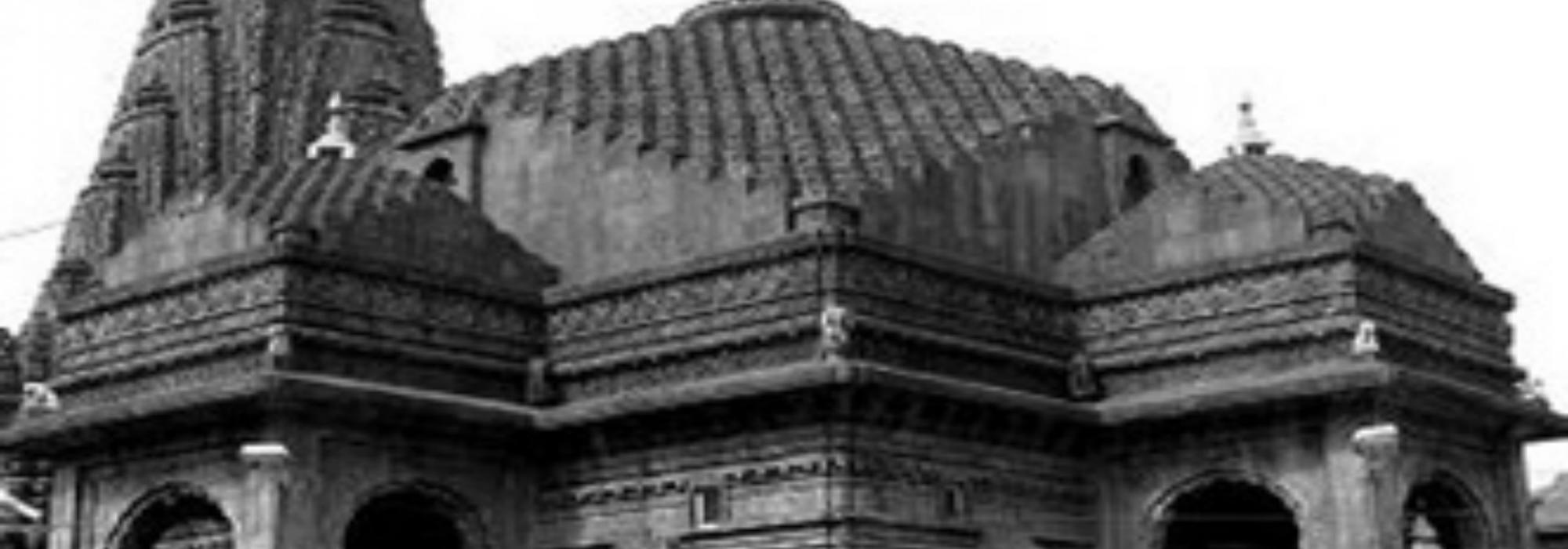ध्वस्थप्रध्वस्थमनुजा क्षतविक्षतविग्रहा |
कीर्णप्रकीर्णपर्यन्ता नासिकेSयं भविष्यति ||
Kāvyakaṇṭha Vāsiṣṭhagaṇapati-muni is one of the doyens of modern India. He had tremendous skill in extempore poetry and a great memory. He wrote a Sanskrit poem called ‘Bhṛṅga-dūta’ (‘Bee-messenger’) at a very young age. He was a native of Andhra and had traveled all over India for spiritual practice. He was just nineteen years old when he performed his first avadhāna in Triambakeshwar near Nasik. Once, he went to the Lakṣmaṇa Devālaya on the outskirts of Nasik for his spiritual practice. The priest of the temple mistook him for a thief and beat him up rather mercilessly. Although a few people came to his rescue, Gaṇapati-muni suffered great mental and physical pain. He cursed the priest using the above verse:
‘May this town of Nasik be filled with wounded and diseased people, who will be in agony, while their bodies wither away in pain!’
The town of Nasik was afflicted by plague for seventy days. Several families, including the priest’s, died of the plague.
The words of the great poet seem to have come true, indeed!
Adapted from Kannada by Arjun Bharadwaj
(The original article is from the anthology Kavitegondu Kathe)








































